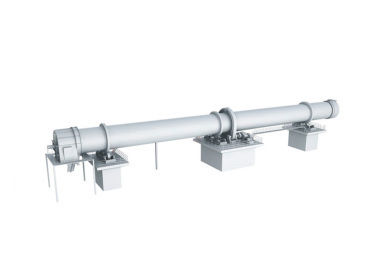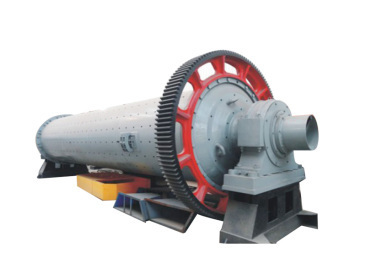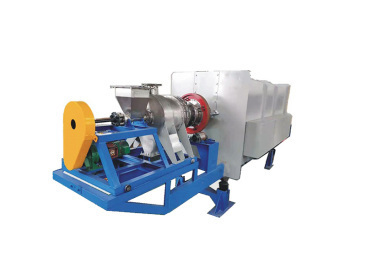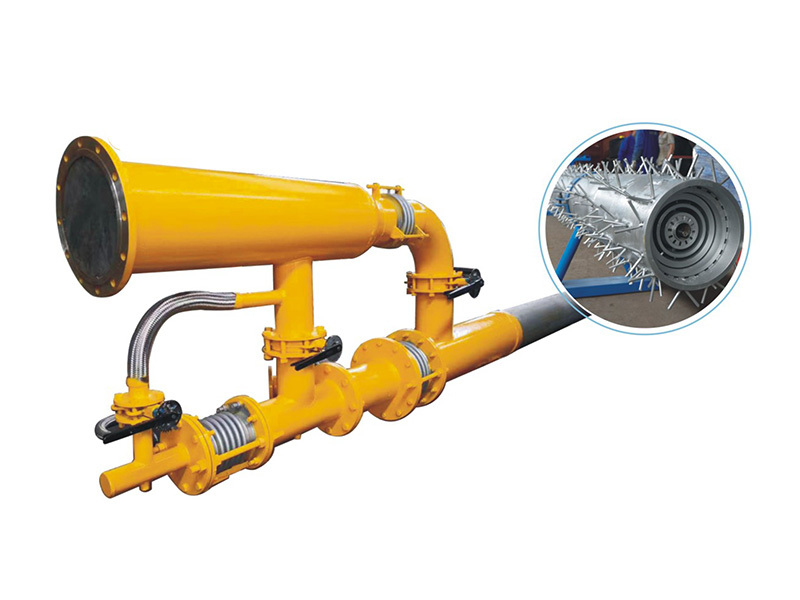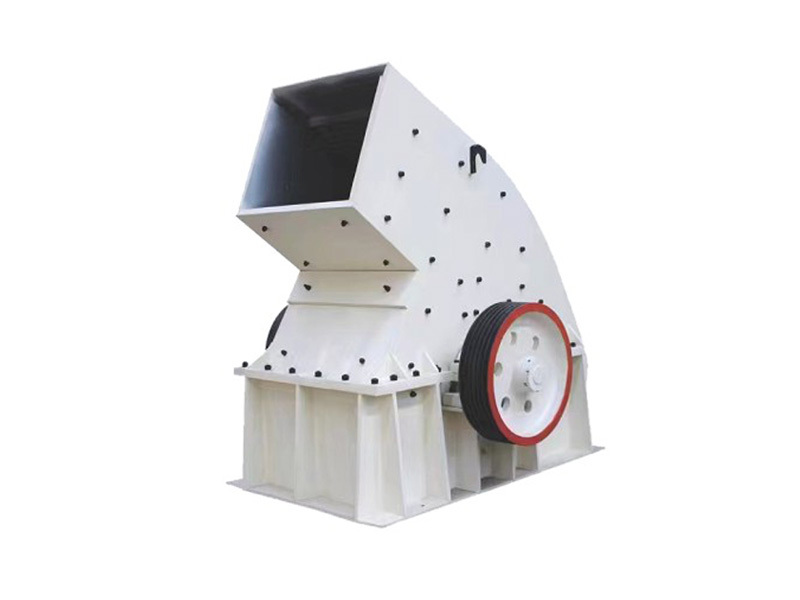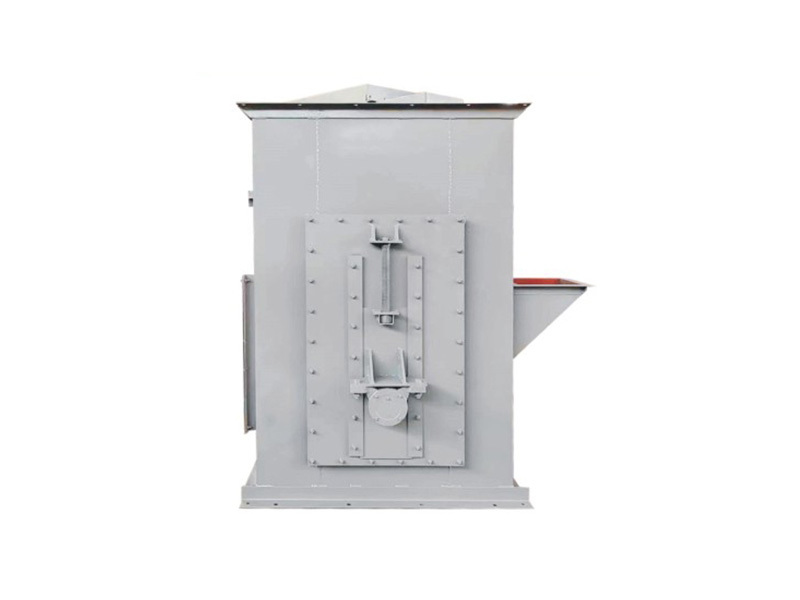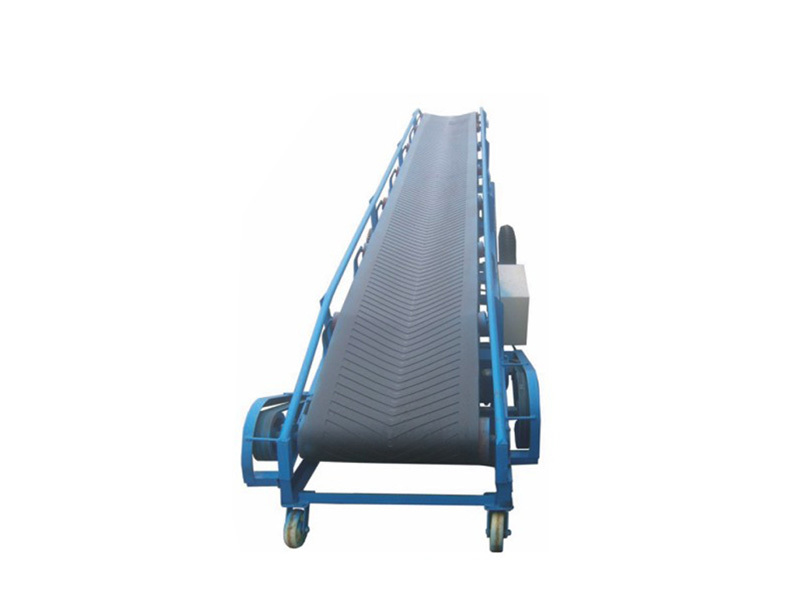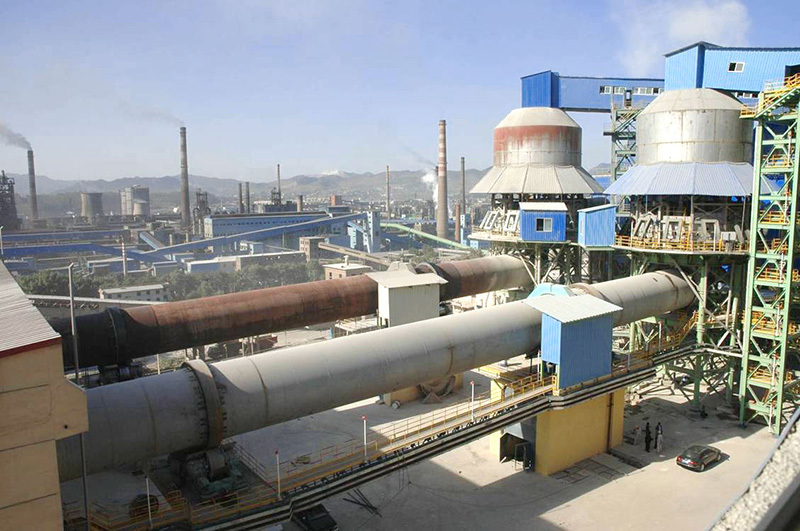Understanding Ball Mills: Essential Machinery for Effective Material Processing
Ball mills are essential equipment in the field of manufacturing and material processing, specifically in crushing and sorting applications. These machines are primarily used to grind various materials, including minerals, ores, and chemicals, into fine powders. The design and operation of a ball mill involve a rotating cylindrical shell that is filled with grinding media, typically steel or ceram
Ball mills are essential equipment in the field of manufacturing and material processing, specifically in crushing and sorting applications. These machines are primarily used to grind various materials, including minerals, ores, and chemicals, into fine powders. The design and operation of a ball mill involve a rotating cylindrical shell that is filled with grinding media, typically steel or ceramic balls. As the cylinder rotates, the materials inside are subjected to a series of impacts and friction, resulting in effective particle size reduction.
One of the key benefits of utilizing ball mills is their versatility. They can be adapted to process a wide range of materials, making them suitable for various industries, including mining, cement production, and chemical manufacturing. The ability to control the grinding process allows manufacturers to achieve desired particle sizes, leading to improved product quality and consistency.
Additionally, ball mills offer energy efficiency when compared to other grinding mechanisms. The design of the mill can be optimized to reduce energy consumption while maintaining high throughput. This energy efficiency is crucial in industries where operational costs are closely monitored, providing a competitive edge to manufacturers.
Another significant aspect of ball mills is their ability to facilitate wet or dry grinding processes. Wet grinding can enhance the efficiency of the milling process, especially for materials that are difficult to grind in their dry state. This capability opens up new possibilities for processing different types of materials and achieving specific outcomes.
Moreover, ball mills play a pivotal role in the production of various products, from cement and ceramics to pharmaceuticals and fertilizers. By transforming raw materials into finely milled powders, these machines contribute to the manufacturing of high-quality end products that meet stringent standards.
In conclusion, understanding the operation and benefits of ball mills is vital for professionals in the manufacturing and processing sectors. Their ability to efficiently grind materials, coupled with their versatility and energy efficiency, makes them indispensable in various industries. By leveraging the capabilities of ball mills, manufacturers can enhance their production processes and achieve superior quality in their products, ultimately leading to greater success in the competitive landscape.
One of the key benefits of utilizing ball mills is their versatility. They can be adapted to process a wide range of materials, making them suitable for various industries, including mining, cement production, and chemical manufacturing. The ability to control the grinding process allows manufacturers to achieve desired particle sizes, leading to improved product quality and consistency.
Additionally, ball mills offer energy efficiency when compared to other grinding mechanisms. The design of the mill can be optimized to reduce energy consumption while maintaining high throughput. This energy efficiency is crucial in industries where operational costs are closely monitored, providing a competitive edge to manufacturers.
Another significant aspect of ball mills is their ability to facilitate wet or dry grinding processes. Wet grinding can enhance the efficiency of the milling process, especially for materials that are difficult to grind in their dry state. This capability opens up new possibilities for processing different types of materials and achieving specific outcomes.
Moreover, ball mills play a pivotal role in the production of various products, from cement and ceramics to pharmaceuticals and fertilizers. By transforming raw materials into finely milled powders, these machines contribute to the manufacturing of high-quality end products that meet stringent standards.
In conclusion, understanding the operation and benefits of ball mills is vital for professionals in the manufacturing and processing sectors. Their ability to efficiently grind materials, coupled with their versatility and energy efficiency, makes them indispensable in various industries. By leveraging the capabilities of ball mills, manufacturers can enhance their production processes and achieve superior quality in their products, ultimately leading to greater success in the competitive landscape.
Recommend Content
Understanding Ball Mills: Essential Machinery for Effective Material Processing
Ball mills are essential equipment in the field of manufacturing and material processing, specifically in crushing and sorting applications. These machines are primarily used to grind various materials, including minerals, ores, and chemicals, into fine powders. The design and operation of a ball mill involve a rotating cylindrical shell that is filled with grinding media, typically steel or ceram






